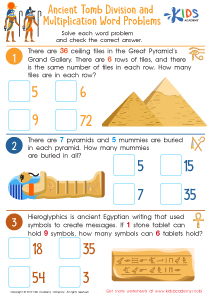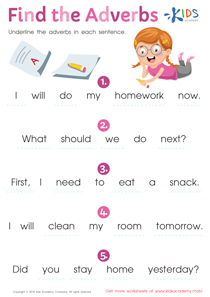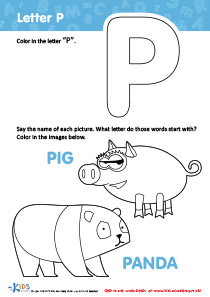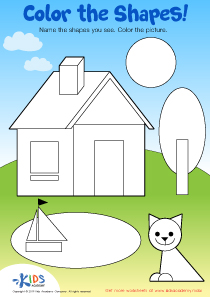Foundational Reading Lessons | Syllables and Rhyming, Grade 3
0 results
Introduce your Grade 3 students to the fascinating world of language with our Syllables and Rhyming Lessons! These engaging lessons will improve your child's phonics skills and vocabulary through interactive worksheets, educational videos, and assessment quizzes. Explore the sounds of words by discovering the syllables and rhymes that make them up. Encourage their creativity as they learn to identify and create fun rhymes! Our lessons are perfect for homeschooling, or as a supplement to your child's current curriculum. Give your child a firm foundation in language with our Syllables and Rhyming Lessons today!
Syllables and Rhyming Lessons are an essential part of a child’s education, especially in Grade 3. These lessons not only help kids improve their English language skills but also enhance their reading and writing proficiency. Syllables refer to the number of sounds in a word, while rhyming refers to the repetition of sounds at the end of words. Syllables and Rhyming Lessons are presented to children in Grade 3 through interactive worksheets, educational videos, and assessment quizzes.
The lessons on Syllables and Rhyming are designed to help children develop their oral and written language skills. By being able to identify the syllables in a word, children can improve their pronunciation and accent. They will also be able to recognize the breakdown of multi-syllabic words, which helps with spelling. The ability to properly pronounce a word makes reading easier and fluency in reading is an important goal for grade 3 students. Children can use their knowledge of syllables to break down challenging words into manageable parts. This understanding enhances confidence in their reading ability, promotes understanding of text, and raises their comprehension level.
Similarly, learning how to rhyme helps children recognize phonetic patterns, improves their vocabulary, and boosts their creativity. By identifying rhyming words, children can improve their memory retention, which is useful for memorizing spelling words and essential vocabulary. The lessons on rhyming will improve language processing skills in children, enabling them to comprehend poetry and rhythm in music more naturally. Additionally, rhyming is a critical skill necessary for students to develop the ability to write creatively and compose poetry. This skill is one of the foundational elements of a child’s language development and is an important step in mastering the complexities of the English language.
Interactive worksheets, educational videos, and assessment quizzes provide an ideal opportunity for children to learn while having fun. Kids can practice identifying syllables in words and matching rhyming pairs through games, puzzles, and other activities. The variety of activities makes the learning process exciting and engaging, preventing monotonous learning practices. Educational videos enhance kids' understanding of concepts and provide a visual and auditory form of instruction. Video lessons can demonstrate how to break down a word into syllables or offer examples of rhyming words, which is very beneficial to visual and auditory learners. Interactive quizzes assess a child’s knowledge level objectively and reinforce learned concepts, helping improve retention and recall.















